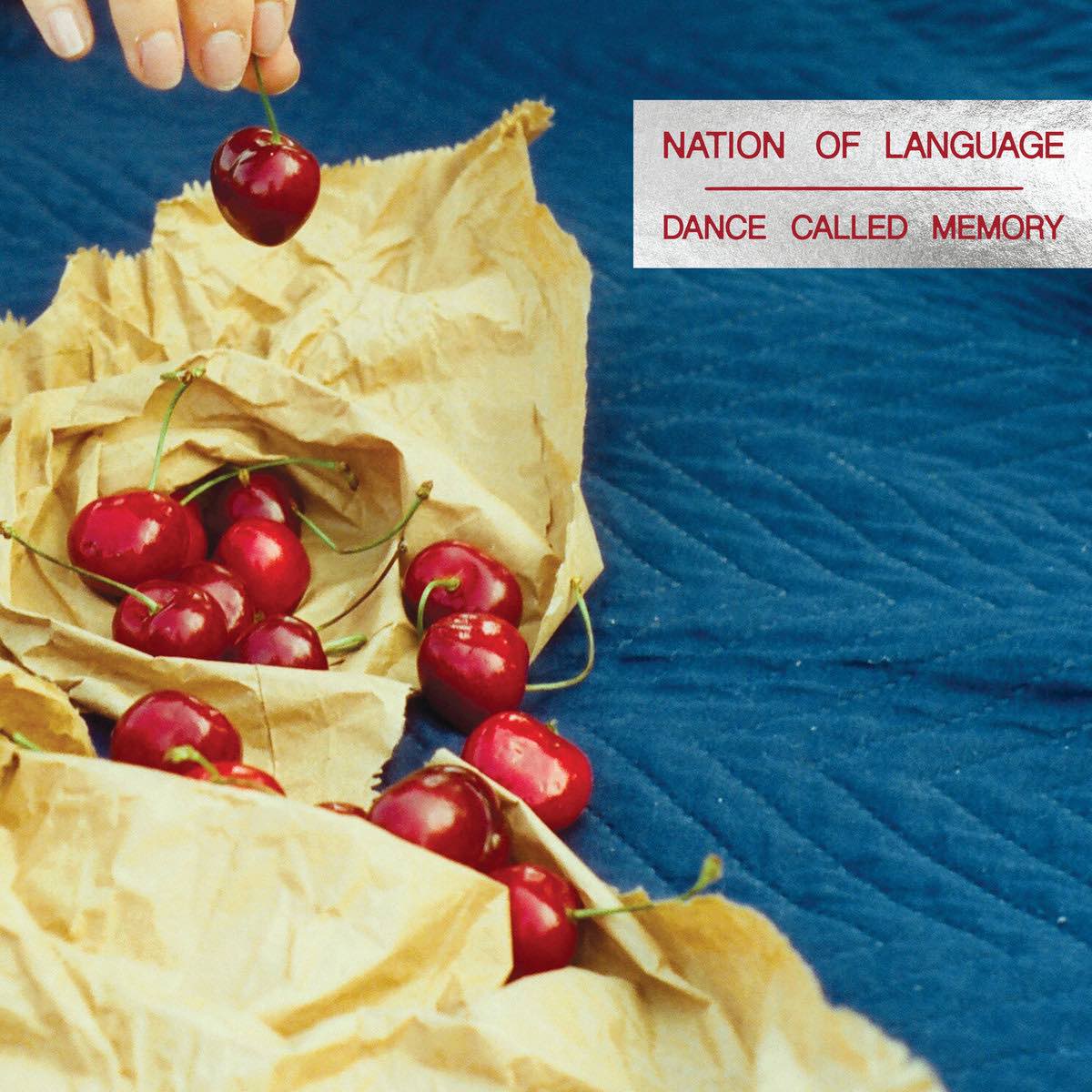Nation of Language
Dance Called Memory
SUB POP
Nation of Language has been consistently creating electronic earworms in some form or another for a decade now. Founded by married couple Aidan Noell and Ian Devaney in 2016, they solidified their band after asking friends and family to fund their debut album instead of getting them wedding gifts—old-fashioned community work that paid off when Introduction, Presence achieved a significant buzz in early 2020. The Brooklyn-based trio combines heavy synths recalling ’80s new wave bands like The Human League and early Depeche Mode with a splash of modern acts like LCD Soundsystem, resulting in something both catchy and nostalgic. The East Coast–inspired flavor of that latter reference point is no surprise, either, as both Devaney and Noell hail from New Jersey. Devaney even worked with The Strokes’ Fabrizio Moretti on his side project Machinegum in the lead up to getting NoL off the ground.
Three albums, countless tours, and one new bassist later, Nation of Language has given birth to their Sub Pop debut, Dance Called Memory. It’s a fuzzy electronic project that’s both introspective and danceable, with flanged New Order–styled guitar parts sprinkled in to give their sound a refreshed feel. This latest record follows directly in the footsteps of 2023’s languid, mellow Strange Disciple, but with a step-up in cohesion, balance, and energy that recalls the more pop-infused style of 2021’s A Way Forward. Bittersweet opener “Can’t Face Another One” showcases this new sound amalgam with its mellow, low-key guitar lines filling the sonic space instead of heavy synths. Devaney sings the track’s title melancholically, reflecting on his uncertain future while projecting the heavy burden of his past as the minimalist yet powerful background synths lend the song atmosphere and gravitas.
Later, “Can You Reach Me” also plays with this balance, enabling the track to instrumentally and lyrically paint a vivid picture of being in a state of wistfulness. The way Dance Called Memory explores depression may align Nation of Language more so with The Smiths, only without the defense mechanism of dark humor to soften the blow to the ego. It’s an album that’s much more vulnerable, that wants you to feel it all. “Sometimes it feels like the pages of life’s book are turning faster than you can comprehend them,” reflected Devany on the inspiration for early single “I’m Not Ready for the Change.” This inescapable sense of being trapped within the unfeeling flow of time is the core of the album, as well as a perfect complement to its euphonious chord progressions.







